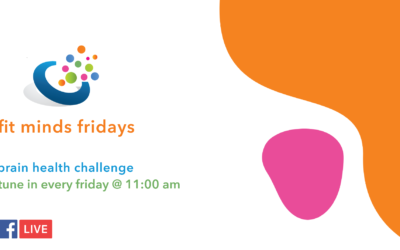I recently read an advertorial aimed at the ‘dutiful daughter’. The writer asked two questions:
Do your parents and siblings rely on you whenever problems arise?
Are you currently caring for your elderly parents as their health declines?
If so, you may be a Dutiful Daughter.
She went onto say, “Dutiful Daughters feel a sense of obligation to care for their parents. But it may take more time than they have, require knowledge of our medical system and health insurance coverage, and may entail tasks that make them uncomfortable. They eventually realize that caring for their parents can be frustrating and eventually lead to burnout. It can also lead to family dissension as Dutiful Daughters feel they are carrying too much of the load.”
And at one level I agree with her. I think it is one of those traps that we can all easily fall into – in the military you would call it mission creep. Where you start out with one mission and your range of responsibilities spreads without a conscious decision to do so. As she so aptly described a ‘dutiful daughter’ can fall into the trap of trying to be all things to all people.
But what if you changed the word ‘dutiful’ to ‘committed’? I believe that caring for your parent is an important part of the aging process. It is a natural and normal part of the family life cycle. As a ‘committed daughter (or son)’ you will be there for your family when they need you – and in the way it most counts – emotionally. But it also means that you have to be smart about your own personal resources in terms of knowledge, skills and energy. I also believe that it is important to get the help you need so that you can focus on the relationship between you and your parent and not get totally drained in trying to bear all the burdens of caregiving. That may mean hiring a ‘geriatric care manager’ or a ‘senior care consultant’ – depending where you live they may be called different things – to help you find the resources and balance you need.
This is certainly new unexplored territory for most of us as the shape of our society shifts and we are caring for parents who are living longer, juggling careers which do not have Freedom 55 written all over them and caring for our own children who are in the process of trying to find their feet in challenging times. Is this new reality a recipe for burnout or an opportunity to grow? I believe that either ending is a possibility and the difference to the ending we get lies in the choice of our perspective.
Whether you call it duty or commitment, I believe choosing to care can be a life-affirming choice, a choice that takes you deeper, stretches you further and gives your relationships greater richness. But it is in that smallest act within oneself, where one freely chooses to care, that growth begins.




0 Comments